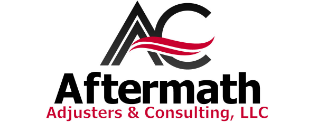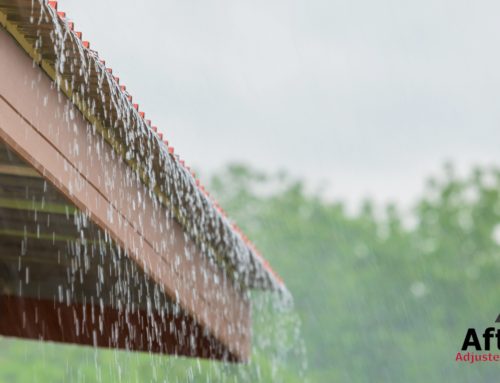Photo credit: 401kcalculator.org License: https://creativecommons.org/licenses/by-sa/2.0/legalcode
You may be buying homeowners insurance on a new home or just want to understand the parameters of a homeowner’s insurance policy. Whatever situation you are in, it is important to know the factors that will affect your ability to obtain and keep affordable insurance. Let Aftermath Adjusters help you dodge common pitfalls and offer some ways you can save money on your insurance. We have compiled some information to help you understand how homeowners insurance works.
What Does Your Homeowners Insurance Cover?
Before buying homeowners insurance, review your policy so that you know what is and isn’t covered. This will help you make sure you can replace your personal property and rebuild your home. A typical homeowner’s insurance policy covers damage from:
- Windstorms
- Hail
- Water damage (not including flooding)
- Fire damage
- Explosions
- Riots
It can also cover:
- Unanticipated losses like theft
- Extra costs from having to live somewhere else while your home is being restored
- Legal liability up to a certain amount if you, your family members, or pets accidentally hurt someone or their property
Update your insurance policy annually by keeping up with local building costs, adding any new inventories of personal items, or home remodeling. By knowing the current building costs, you will be able to figure out how much you will need to rebuild or repair your home today. It is also important to take photos or videos of your belongings for inventory purposes. This will make claims’ settlements run quicker and easier.
What Factors Affect Homeowners Insurance Costs?
There are many aspects that determine what you will pay when buying homeowners insurance. Whether you are building or buying a new home, or just looking over the coverage of your current policy, be aware of what affects you. Some of these factors include:
- Crime rates in your neighborhood
- Building costs in your area
- The probability of damage caused by hail, wind, wildfire, etc.
- The square footage of your home and any additional structures, like a detached garage
- Type of materials, construction, and features on your house, including the roofing
- Conditions of the heating, plumbing, and electrical systems in your home
- Distance to a fire station and fire hydrant
- Whether your neighborhood is protected by professional or volunteer firefighters
- Any aspects that would affect the time it would take for firefighters to put out a fire in your area
- The number of claims you file over a certain amount of time. This can put you at risk for higher premiums or even non-renewal. Insurance policies are for large, unpredicted losses, not for smaller wear and tear.
- Good credit history. Many companies use this as one way to decide to sell a policy to a new customer.
How Can I Save Money When Buying Homeowners Insurance?
It is a good idea to do your research before buying homeowners insurance. The cheapest policy may not necessarily be the best. Choose a company that fits your personal needs and offers good customer service. Here are some tips to help you save:
- Maintain good credit. Many companies offer discounts if you have good credit history.
- Install Safety and Security Devices. Insurers often give up to a 15 percent discount on your premium if you have set up features such as:
- Smoke alarms
- Fire extinguishers
- Deadbolt locks
- Burglar and fire alarms that will alert police and fire stations
Check with your insurance company to see if they have specific requirements to qualify for the discount.
- Look into a multi-policy discount. Some companies will give a price reduction if you have more than one type of policy with them.
- Increase your deductible. By raising your deductible, you can save money on your monthly premium. This will also discourage you from making small claims, which could put you in danger of non-renewal.
- Invest in hail and fire resistant roofing materials. The roof is the most exposed part of your house. When calculating your premium amount, many insurance agencies take into consideration the type of roofing materials you have. Some companies charge a percentage, instead of a dollar deductible or surcharge, on a roof made from high-risk materials such as wood shingles.
Knowing what is in your insurance policy and how to best use it is important. This will allow you to make sure your property is adequately covered without breaking the bank. Remember to review your policy annually. Call our professional team at Aftermath Adjusters & Consulting LLC today for a free policy review before buying homeowners insurance.









